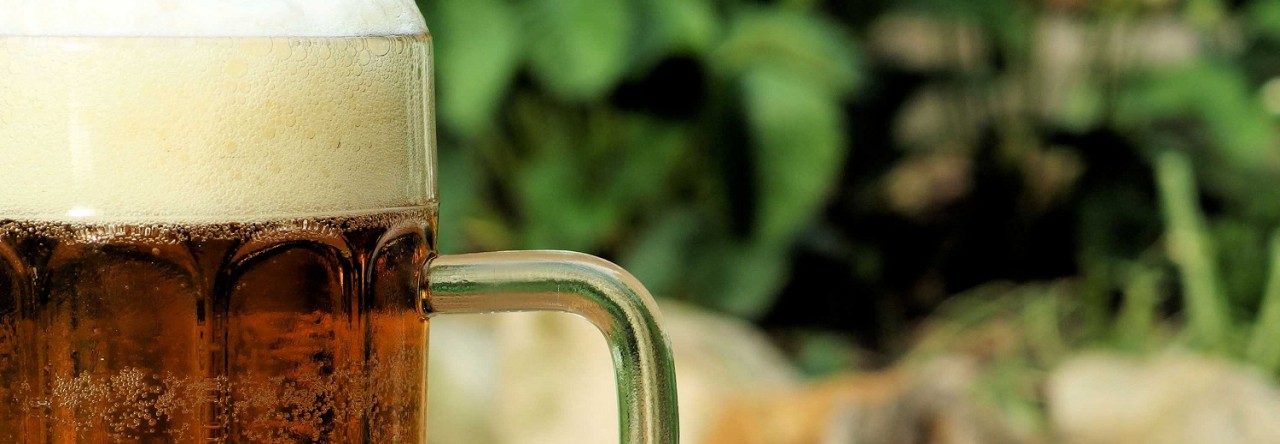I have began pondering the benefits of playing with my water chemistry. I was wondering how many of our readers make adjustments or “build” their brewing water for all-grain sessions.
Currently, I sort of blindly play with my water chemistry. That is to say I often add gypsom to me English style beers, but only because I can. I really have no idea what my current water chemistry is out of the tap. Therefore I also have no idea what it is in the kettle after the addition of gypsom.
I have been meaning to take a closer look at John Palmer’s water section in “How to Brew”. I have also been thinking of sending in some samples to Ward Labs for analysis to see where my water is currently at.
Any of our readers care to chime in? Do you adjust your water?
BREW ON!

Keith
I got my water info by calling my water company. I was eventually able to get the concentrations of the specific ions we’re interested in. I adjusted water for a few batches, but gave up on it when I moved. It’s always one of those things I’ll get back into “eventually”.
scott schluter
I adjust my water for beers that are bitter since my water’s mineral profile is pretty bare. I found that IPAs had a flat taste until I started making adjustments.
Chemgeek
A lot of municipalities publish their water data online. Water treatment plants need to report all their data to the EPA (or some other agency). It’s worth a check before you spend the dough.
Of course, I have my own lab and I can measure my own. 🙂
BadSaxx
Thanks for the heads up on Ward Labs — they have an analysis package focused on homebrewers at http://wardlab.com/images/SampleForms/wsis.pdf
nohammmernosickl
I do not adjust my water chemistry. I have spoken to some professional brewers who have said that the water in my area is excellent without any additives. I have seen recipes that call for gypsum to be added, but that is a rarity. Until I find that there is a problem with the end results of my beers, I am not going to worry about my water chemistry.
I do boil all water that goes into my beer, including the water that needs to be combined with my wort when doing extract brewing.
Señor Brew
I didn’t start winning ribbons until I started adjusting my water. I also increased efficiency of my mash once I started adjusting. As one of the previous commentators mentioned, you can usually find the I information online; however when I moved, I had to call up because I was missing one piece of data. I blogged about it here:
http://noblesquarebrewing.blogspot.com/2010/05/redondo-beach-water-update.html
Ken Rowe
Living in Boulder Couny, Colorado, I had known the reason some breweries were better than others until I learned about water. It all makes since to me now. One brewery up in the mountains uses water froma reservoir which tastes like water from melted snow. All frostburnt tasting.. Other breweries in my area use water comming from the St Vrain River, which is where our water comes from as well. I contacted one of the chemists at the water plant who was very nice, knew the drill and told me all the numbers I needed to have as well as the process they use to treat the water. Our water is really clean and tastes great!
As far as changing your water profile, I would say that if youdont like your tap water, then you need to make changes. Also if you are trying to duplicate a beer, you might want to try to get that water profile ( if available ) and try to match it.
The biggest lesson in brewing I ever learned is about the water and how it affects the taste of you beer.
Michael
It all depends on how technical you wanna get with your hobby. Other brewers experience the same thing when jumping from extract to all-grain. Water adjustments are just another extension to give you the best possible beer for your palette. If you life where there is soft water, you are lucky and can just make additions to brew the darks. If you live where there is hard water, you can cut it with distilled or just use strictly distilled or r/o with additions. When you start, do a little first, and work your way up. Nothing worse than a salty porter.